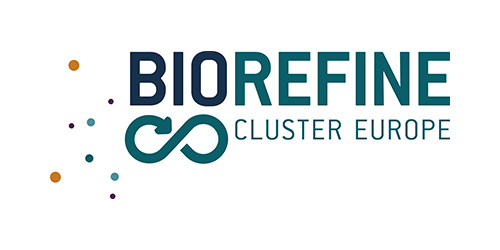A demo-day to enhance the interaction between different sectors
30/09/2020
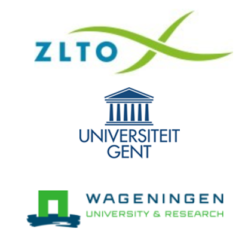
During a demo-day on one of the Nutri2Cycle innovations, we brought together involved and interested stakeholders with a background in the agricultural, public, industrial and scientific sector. The innovation that played a central role during this day aims to analyse the effect of different bio-based fertilisers on potato yield. This innovation is a collaboration between Ghent University (UGent), the Southern Agricultural and Horticultural Association (ZLTO) and Wageningen University & Research (WUR). We were welcomed by the potato farmer, visited the experimental field, and we ended our demo-day at the pig farm where the machinery to process the pig manure is installed. It was an informative day with space for collaborations and discussions.
The potato farm of Van den Borne is also a Precision Agriculture Practice Center and will soon become one of the Dutch Farms of the Future. The farmer wants a climate neutral farm that serves as a demo centre for innovation. At the experimental field the plots were being harvested. Per plot, the fresh and under water weight of the potatoes and the remaining nitrogen in the stem was measured. The remaining nitrogen in the soil will be measured at the beginning of October. The pig farmer Bert Rijnen invested in bioenergy installations and in machinery that processes pig manure into organic rich soil improver and liquid fraction, which is further refined to scrubbing salt, K-concentrate and clean water.
Policies on manure processing and subsidies for these installations change every few years and very abrupt, which hesitates farmers to invest in installations that recycles energy, carbon and nutrients. Major practical issues on the use of bio-based fertiliser that resulted from the field trial were: i) bio-based fertilisers, especially scrubbing salt, were highly concentrated which made it difficult for the potato famer to fertilise the field because of the small amount that needed to be applied and because of the fertiliser injection (which is obligatory in the Netherlands) that is not possible without harming the potato, and ii) fertilising the field with liquid fraction of anaerobic digestion or scrubbing salt requires different machinery. The required machinery is scarce in the Netherlands and the investment costs are high.
According to the participants, adoption of bio-based fertilisers can be stimulated by changing the policy on fertiliser use. This policy should allow arable farmers to use bio-based fertilisers as a chemical fertiliser instead of an organic fertiliser. Alternatively, a more flexible policy system that allows farmers to experiment with bio-based fertilisers or other innovative techniques that aim for circular agriculture would stimulate their adoption. The idea of making livestock farmers land-bound and reduce manure storage time was also discussed. An idea that the Minister of Agriculture proposed a day after our meeting (https://www.boerderij.nl/Home/Nieuws/2020/9/Nieuw-mestbeleid-100-mestverwerking-of-grondgebonden-637668E/). There are many different sectors involved in the transition towards circular agriculture, which makes it very important to keep communicating between sectors. Setting targets instead of imposing rules was mentioned multiple times during this demo-day as a solution to start things moving towards circular agriculture.

UGent, ZLTO and WUR
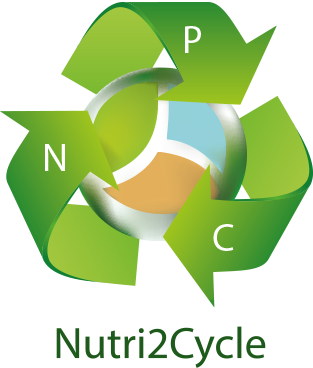
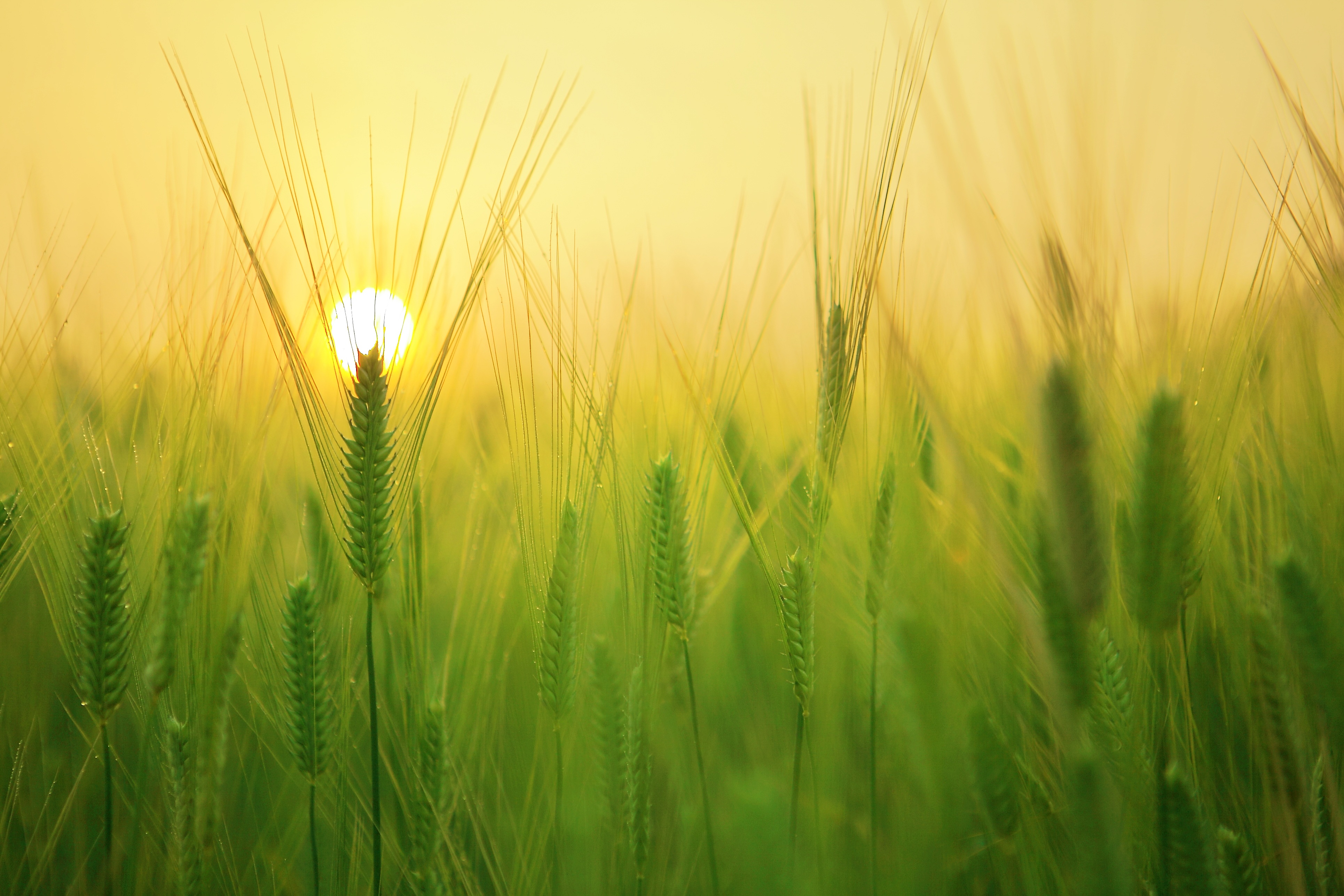
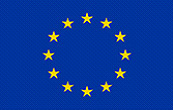 This project has received funding from the European Union’s Horizon 2020
This project has received funding from the European Union’s Horizon 2020